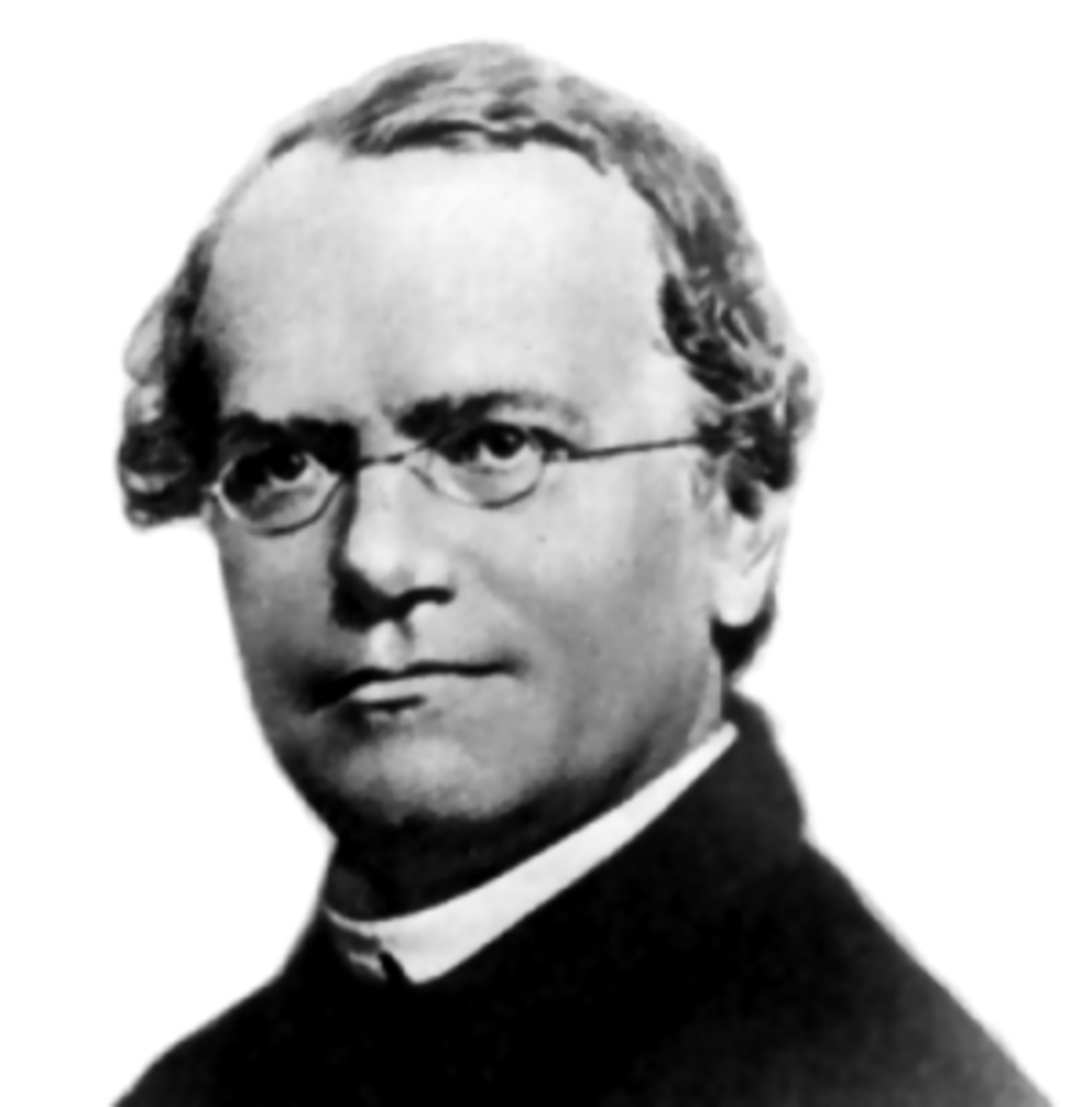The Ancient Americas

The Cities of Ancient Mexico and other books like it
True enough, for someone to sit down and read a non-fiction history book is not going to change the world. But there are moments of reflection during which one can well imagine a heaven on earth, or close to it, meaning this pathetic vale of tears, not the happier version to come. And these passing day-dreams about the future seem often enough to be rooted in a more enhanced appreciation of the past, that perennial prisoner of current affairs, as if not until this very moment has everything yet been so fully understood. That is the experience one undergoes in delving into The Cities of Ancient Mexico, by Jeremy A. Sabloff, an older book, or other books like it. So much history across the Atlantic is studied practically to death, while history inside our own confines is totally ignored. It should be plain by now that the Americas, such as they are, are not extensions of Europe transplanted from one continent to another. Rather, today's events in general are instead the continuation of an ongoing experience whose record is largely ignored at every level, top to bottom and all the way across. In other words, there is no part I & part II to the Americas, from ancient times to the present. They were in motion when Columbus arrived and are still just as active.
From 1200 to 600 BC, to toss around a few facts and figures, Olmecs prospered in what is now Mexico. With their decline, the people of Oaxaca, Morelos, and the Valley of Mexico constructed a number of cities. They may only have been fancy agricultural communities, but impressive structures were built and unconventional mathematical systems used to produce two, inter-related calendars. Speculation about what went on in the Americas before the arrival of Columbus is well off the map. Erich Von Daniken is positive space travelers landed and other links have been entertained having to do with the Japanese, Chinese, West Africans, the Island Empire of Atlantis, and, from the Book of Mormon, Jerusalem. The point is, however, that more studies should be encouraged. The accepted dismissal of American history prior to 1492 is an injustice that warrants correction.
It appears that from the 9th century until the 12th century Aztecs, Mayan culture thrived in Mexico. Its Egyptian-like architecture in the Puuic region in the Yucatan Peninsula still commands a substantial piece of the tourist market. A great deal has been made about human sacrifice and pagan rites that the holy fathers were so adamant about stamping out. And there are a number of memoirs written that condemn the Native population for the usual characteristics attributed to hated individuals or groups. But by and large, the traits that stand out most are stability and durability. Cultures burn bright over long periods of time before they begin to dim and falter. If the pre-Columbians did not build the equivalent of elaborate churches or spawn a proliferation of nations, each set against the other, as was the case in Europe, they were none the worse off for it.
There is some mystery as to why certain groups became ascendent, and then, conversely, declined and fell. The Palace at Palenque both impresses and depresses scholars, who think it comparable to works in ancient Greece and Rome, but would not have dwelt within, had they the opportunity. And Mexico was not the only stronghold of high levels of social interaction. South America was always a true competitor. North America, mainly in the shape and form of the U.S., commands worldwide respect in terms of military might. But domestically, it is all a matter of shifting sands within. Only on election day can a concerted effort pull together the salient, diverse, and warring factions. Thus, there are other reasons besides redressing an historical imbalance to study the Americas, that is, in the search for sources of inspiration to take the place of those that have run dry.







